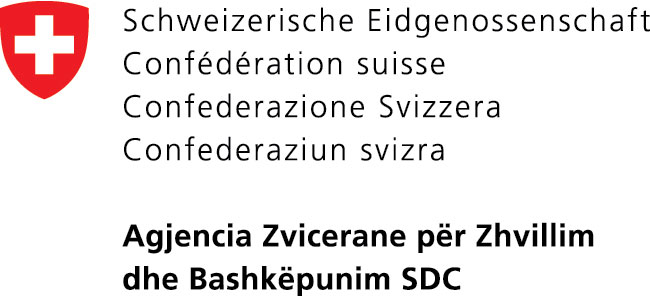Hundreds of paintings, dominated by powerful colors: red and blue: This stands out in the studio in Wuppertal of the painter Sali Allmuça. In addition to landscapes from the homeland and thematic paintings, Allmuça especially likes the portrait, because as he says: “wanting to speak to people, you have chosen the idea to speak to them, but in the image of people. “While through the contrast of colors he brings to Germany the Mediterranean breeze. The painter Allmuça comes from a traditional family of Central Albania.
He studied at the Academy of Arts in Tirana and worked as a film painter at the Kinostudio “Shqipëria e re”. The films known as: “A general is taken prisoner”, “Red Besa”, “Warm hand”, “When the doors of life open”, “Three days of a life”, “Circle of memory” etc. have the signature of the painter Sali Allmuça. At the same time he worked as a lecturer at the Academy for “Applied Graphics”, until 1990 he would leave for Germany, at a time when many others were looking for a better life outside Albania. Although Allmuça has benefited a lot from life in the West, to this day he remains grateful to the school and its formation in Albania.
It is important to live free, but freedom also has its limitations, says the painter Allmuça: “Art has very subtle forms to overcome all the obstacles that a dictatorial system can make, like the one we have we have experienced. ” Work discipline has been one of the essential features in his formation, which has helped him in further specializations by ranking among the contemporary western painters. Perhaps this has made him in these 30 years with one foot in the homeland and one in Wuppertal, Germany.
As a freelance artist he has opened many exhibitions in Germany, especially in Wuppertal. The distance with the homeland has not prevented him from being present and following closely the developments in Albania. But what he values as an artist in Germany and would like for Albania as well, is the care for culture and cultural heritage.
He was particularly impressed by the project in Dresden to restore the original Church of Our Lady destroyed by bombings at the end of World War II. For me, Tirana is also damaged to the extent that it is no longer a question of returning identity, the damage is incalculable, says the painter with regret. For this reason, on his own initiative, he formed the Foundation for the Preservation of the Albanian National Culture. He worked from 2003 to 2005 for the restructuring of the Tabakëve Bridge, a cultural monument built in the 17th-18th centuries in Tirana.
But, as the Tirana painter puts it, “art has been and remains a tribune to raise the voice in form and in order to allow paintings to express what you feel, what is happening in Albanian society in general and what “It happens with globalization in the world in particular”.










